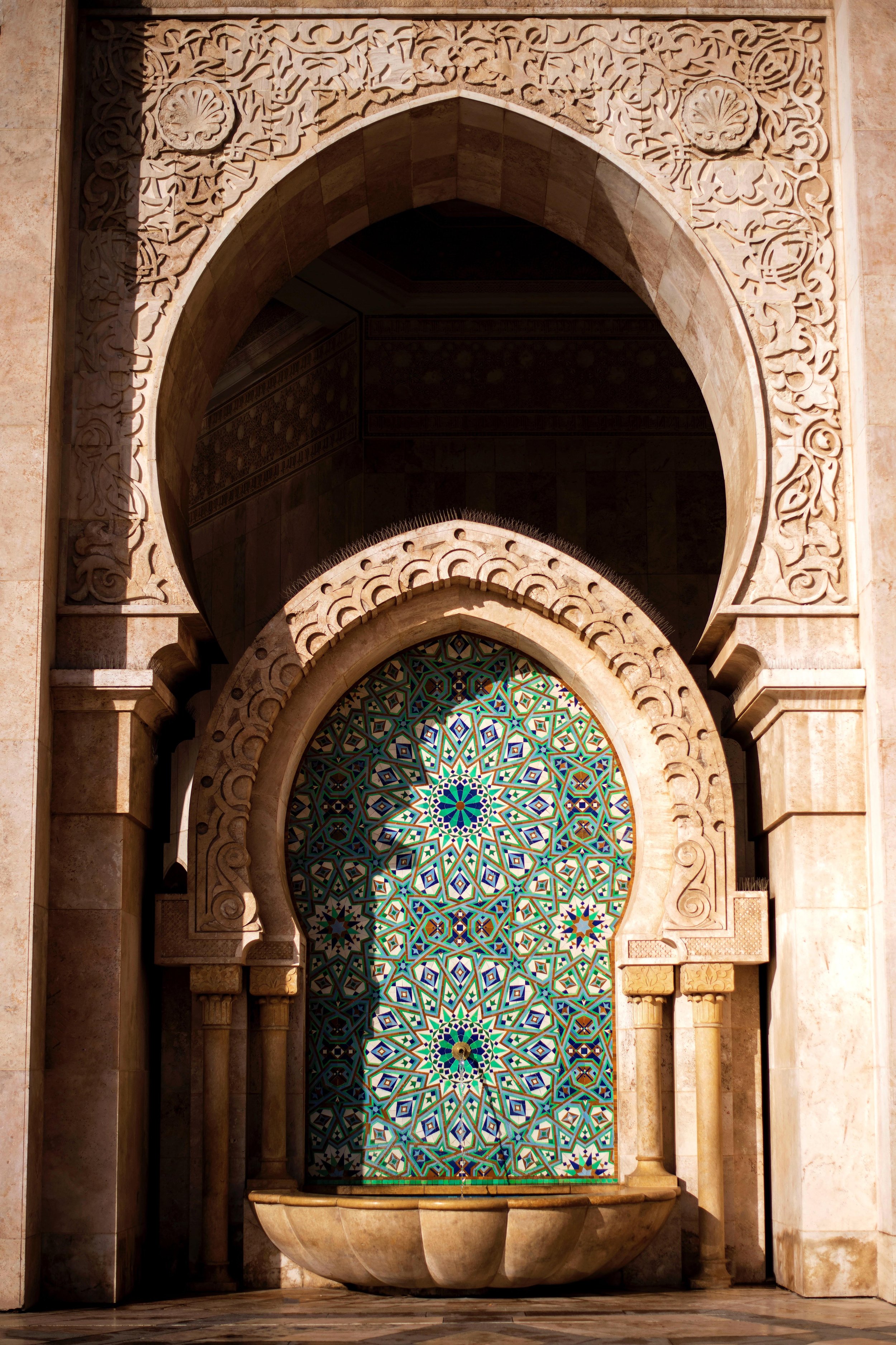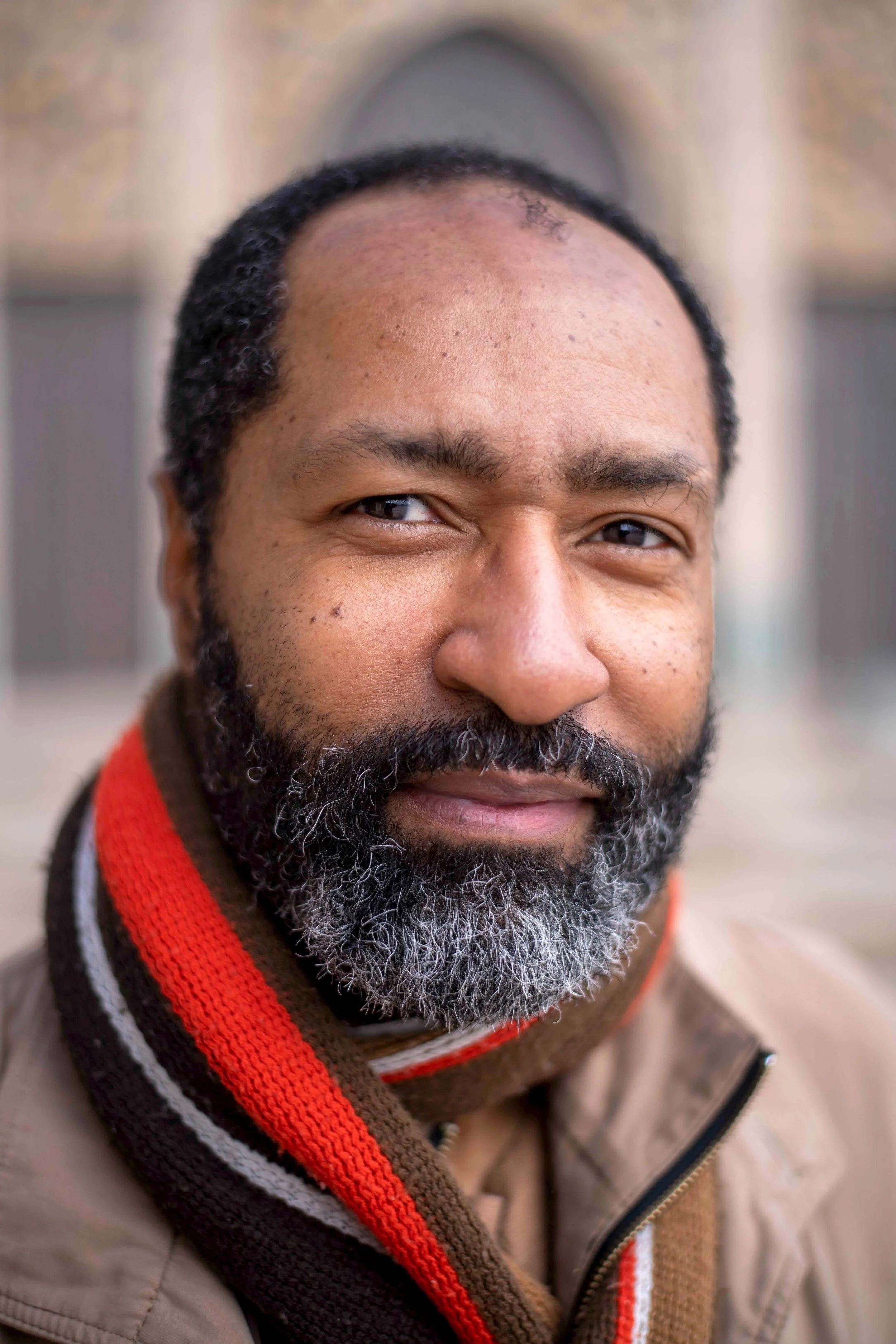“Jafrikayiti”

“Family is never lost.”
Casablanca ends at a mosque built on the edge of the Atlantic Ocean where North Africa nearly bleeds into Europe. Foaming waves rise from the blue water and burst white against the seawall when the tide comes in, while people pick through rocky tide pools when it’s out.
I went before dawn one January and waited out a rainstorm under an arch in the early dark. The glowing sodium lamps eventually gave way to morning light as the rain trickled to a stop and left a rainbow. I crossed the square with my mouth open, gaping up, then barely made it a few more steps before I became mesmerized by shimmering blue-green geometric patterns etched on a fountain in a tiled alcove near the mosque’s entrance. I had intended to go inside but fell instead into conversation with a stranger standing next to me.
“This place is truly remarkable,” he said, glancing up.
Jean was the first Haitian I have met abroad. A radio broadcaster in Canada, he stayed active in his country’s diaspora, conducting interviews with the likes of novelist Edwidge Danticat and sharing stories to promote activism against the corruption of his—and even more my—government. He blended this passion with warmth, smiling over his neatly cinched red-brown scarf. “I just cut off my dreadlocks after twenty years,” he laughed when I asked if we could take a selfie. “It still feels strange.”
Before we parted, he explained he actually goes by “Jafrikayiti,” a name he chose to replace the slave owner’s name that passed down through his family as a reminder of the rupture of his ancestors’ lives. He said he was only the second person in his family to be able to leave Haiti and go back to Africa. “When I was in Benin, you know, my wife and I would stand on a street corner, and we would be checking with each other, ‘Are you sure they’re not speaking Creole?’ Because the intonations, all of the—in Creole what we say tripé—you know when a woman purses her lips and makes a squeaking sound. That’s us!”
His face lit up.
“In Haitian Creole we have a saying: ‘Famille est pas perdi.’ That family is never lost. That was the idea of the European enslavement, to break the African family, you know, selling off children from their parents. But family is never lost.”
He paused.
“In other words, the connection, the reconnection will eventually happen no matter what, because love is stronger than death.”

